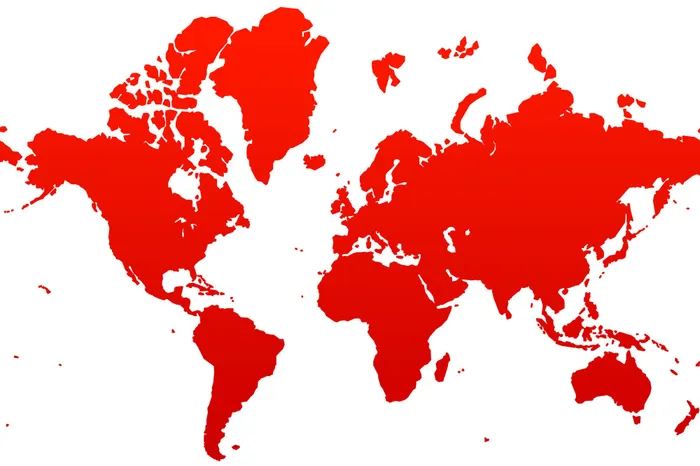Argentine truckers strike

Argentina's grains truckers called an indefinite strike on Monday to demand higher pay rates just as the agricultural powerhouse starts its key soy harvesting season.
The FETRA group of trucking companies said the government has failed to ensure the implementation of a guaranteed minimum
hauling tariff that was agreed to after a strike in October.
Argentina, which usually loads 200,000 tonnes of farm products per day, is the world's No. 1 exporter of soyoil, used for cooking and in the booming international biofuels sector.
It is also the top supplier of soymeal, used as animal feed, as well as the world's No. 2 corn exporter. Most of Argentina's crops are moved by truck from the Pampas farm belt to the huge grains export terminals that dot the country's rivers.
Cargill, Bunge, Molinos Rio de la Plata, Noble and Louis Dreyfus are among the grains exporters that operate in Argentina.
The government expects the 2011/12 soy harvest, which began this month, to come in at 43.5 million to 45 million tonnes.
The season's corn crop, which started being collected last month, is forecast by the government at 21 million to 22 million tonnes.
High inflation, estimated by private economists at between 20 and 25 percent annually, has made wage and tariff negotiations increasingly tough in recent years.
A FETRA spokeswoman said a meeting was set for Monday afternoon with the Transportation Ministry, but that the truckers were ready to dig in for an indefinite strike while negotiations develop.
The strike comes at a difficult time for President Cristina Fernandez.
The 59-year-old leader has enjoyed support among labor groups.
But Europe's financial mess and slower demand from key commodities client China have started to be felt in Argentina, forcing Fernandez to cut back on the subsidies and social spending that helped power her 2011 re-election landslide.
Her popularity has sunk as the economy, which boomed during most of her first term, comes down to earth.
Business leaders chide Fernandez for her state-centric policies, such as the high soy export taxes and heavy foreign trade controls imposed by her government, which in 2008 took over the country's private pension system.
Farmers say such measures scare away investment.
But as world population expands, global food demand is expected to double by 2050. Argentina, boasting a farm belt bigger than the size of France, will be key to meeting that demand despite its policy uncertainty and chronic labor disruptions. - Reuters